Effectively implement the overall planning and development of the cultural institution system.
In his speech on "Some issues arising in implementing the Party's viewpoints and guidelines on developing cultural institutions", Deputy Head of the Central Propaganda Department Phan Xuan Thuy proposed four key groups of solutions to build and develop the cultural institution system in the coming time.
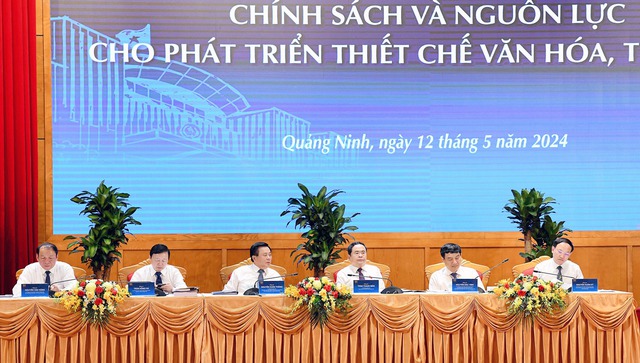
Delegates chairing the workshop
According to Mr. Phan Xuan Thuy, after nearly 40 years of implementing the national renovation, the cultural life of the people has been constantly improved, the system of cultural institutions has become increasingly modern, gradually changing the mechanism and innovating the method of operation. Many cultural heritages have been preserved and embellished. All levels, sectors and localities have created many favorable conditions for people to exploit and use existing institutions, contributing to the construction of new cultural institutions, suitable to the residential area and regional customs and practices.
The construction and development of the system of grassroots cultural institutions has been planned in a comprehensive investment plan, from the provincial level to the commune, ward, village and hamlet levels. Mechanisms and policies on investment in technical facilities and human resources for cultural institutions have been gradually paid attention to. The management and operation of the system of cultural institutions have been increasingly improved, basically performing well the role and functions of operation, contributing to the effective implementation of propaganda work, serving the political, economic, cultural and social tasks of the country and locality.
However, besides many achievements, the system of cultural institutions and facilities and techniques for cultural activities in our country still has many shortcomings and limitations: There is a lack of cultural institutions that meet the standards to organize large events of regional and international scale, organized and operated professionally, but there are too many institutions that do not meet these standards. The system of cultural institutions is slow to transform to a self-governing, socialized method; many places are in a state of degradation, patchwork, lack of uniformity, and low efficiency.
Many cultural centers and cultural houses have been invested in, but the frequency of use is very low or they are used for the wrong purpose. Some localities do not have enough land fund according to regulations; lack of funds, lack of staff to build a system of cultural institutions. In many rural areas, especially remote areas, ethnic minority areas, ... the system of cultural institutions is still poor, backward in terms of facilities as well as in the organization of activities, not really meeting the needs of people to enjoy spiritual culture. Mechanisms, policies, and regulations for the management of cultural institutions invested by the private sector still have many shortcomings.
To continue to effectively implement the Party's viewpoints, policies and guidelines on building and developing the cultural institution system in the coming time, it is necessary to drastically and synchronously implement many solutions, including a number of key groups of solutions:
Thoroughly and comprehensively grasp the Party's viewpoints, policies and guidelines on building and developing Vietnamese culture and people; fully understand the position, role and importance of the cultural institution system; effectively implement the overall planning and development of the cultural institution system; arrange land funds reasonably, in accordance with the socio-economic development planning of each level, ensuring the area of use according to the functions of the institutions; Research and develop mechanisms and policies suitable to the practical situation; focus on groups of policies on investment in building facilities; planning, training and using staff... Strengthen state management, propaganda and mobilization work of the culture, sports and tourism sector; gradually perfect the system of legal documents and regulations for cultural activities, especially at the grassroots level; focus on innovating the content and methods of operation of cultural institutions; Close coordination between sectors in investing in renovating, upgrading, constructing, exploiting, and effectively using the functions of cultural institutions to serve the people; promoting the proactive and positive spirit of the people and the self-management role of the community in the cause of building and developing culture.
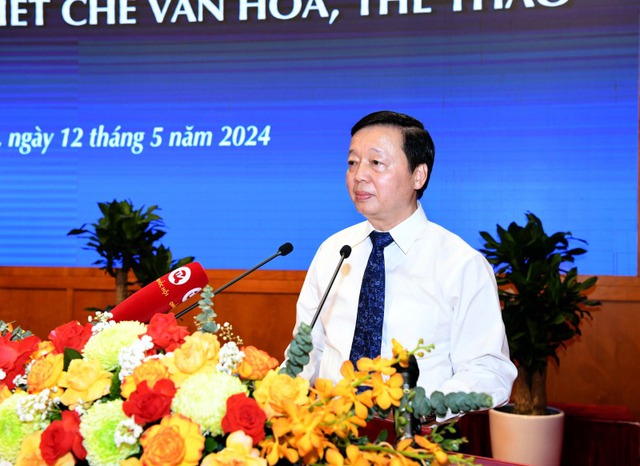
Deputy Prime Minister Tran Hong Ha speaks at the Workshop
Research on solutions to remove bottlenecks in public-private partnership policies
Dr. Le Minh Nam, Standing Member of the National Assembly's Finance and Budget Committee, said that "researching solutions to remove bottlenecks in public-private partnership (PPP) policies in the management, exploitation and use of sports facilities and equipment at sports public service units is new content that needs to be considered in an overall relationship".
According to Dr. Le Minh Nam, some legal regulations on cultural and sports institutions are still lacking and inconsistent; The overall planning of the network of public service units nationwide is not guaranteed; Some regulations on the organization and operation of public service units have not been specified or amended and supplemented to create a legal corridor for implementation; The financial management mechanism in many units is still inadequate. Through inspection and supervision, it is shown that it needs to be resolved from the perspective of mechanism and policy.
Some regulations on management and use of public assets are still complicated and difficult to implement in practice. In terms of implementation, there are still limitations in innovating the organizational system and improving the quality of the team as well as attracting talents; Many units have not proactively built a list of public service, technical and economic norms, and service unit prices by industry and field;
Management methods and capacity building of units in some places are still limited, including: The organizational system of public service units is still cumbersome, fragmented, scattered, and overlapping; internal management is weak, service quality and efficiency are low. State budget expenditures for many public service units are still large, some units are losing money, are negative, and wasteful...
Some problems and limitations are universal, have widespread impacts and are fundamental issues that need to be considered and resolved first, before considering applying public-private partnership policies.
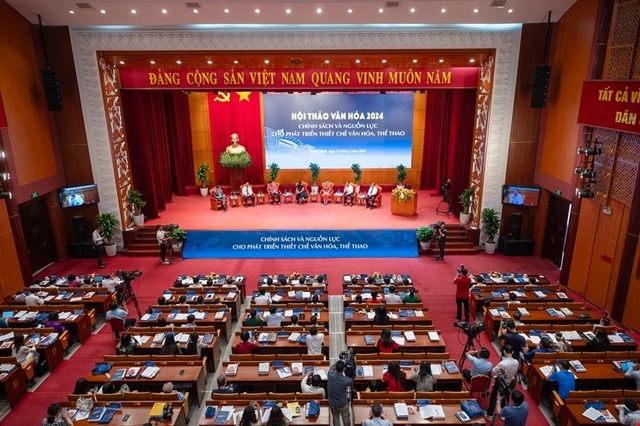
Overview of the Workshop
In particular, research on public-private partnership policies for the cultural and sports sectors requires a thorough analysis of the requirements, conditions, and forecasts, and assessment of the impact of possible difficulties and obstacles. First of all, it is necessary to approach the principle associated with the nature and objectives, then PPP is a form of cooperation that optimizes investment efficiency and provides high-quality public services to bring benefits to the state, investors and people using the services.
According to Dr. Le Minh Nam, the most important factor to attract private investment to participate in public-private partnerships is to have a mechanism to ensure that investors have large enough benefits, while ensuring conditions on processes and procedures to facilitate their stable and long-term operations.
Accordingly, it should be noted that to ensure the financial plan to offset investment costs, public-private partnership activities must provide a large enough volume of paid services to operate profitably. This is an important factor to consider when deciding to invest in PPP. In particular, it is necessary to consider the harmonious relationship of interests between the three parties: the State, investors and people, ensuring the achievement of the overall, long-term goals of the State in providing public services, and no aspect or goal can be overlooked.
In addition, it is necessary to propose removing bottlenecks in legal regulations for cultural and sports activities that are not currently in the field of PPP application; at the same time, analyze and forecast difficulties and obstacles that may occur in applying PPP to sports public service units even when this policy is institutionalized in legal documents; it is necessary to assess the negative impacts from the current capacity, qualifications, and awareness of the unit directly implementing PPP, difficulties in the current state of public investment resources, issues of planning and land exploitation, in which it is especially noted that not all cultural and sports activities can apply the PPP form in terms of both objectives and implementation conditions...
Dr. Le Minh Nam proposed a number of solutions such as: Focusing on comprehensively assessing the current situation of obstacles, problems, and bottlenecks in policies and laws for the system of public service units nationwide to find solutions to remove and overcome them, thereby creating a common, unified, synchronous, and effective legal environment to help public service units develop strategies and plans to implement solutions that are suitable for each agency and unit.
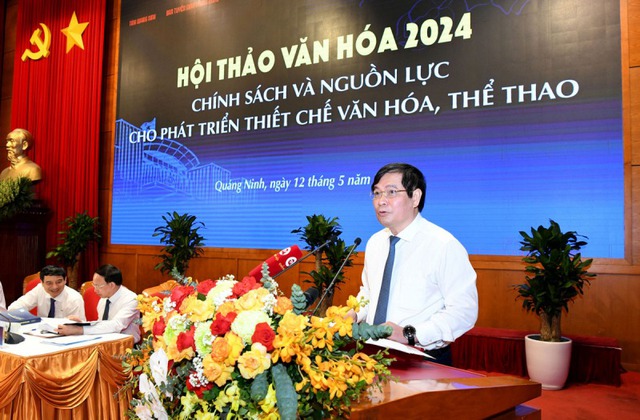
Deputy Head of the Central Propaganda Department Phan Xuan Thuy presented a paper at the Workshop.
Review and complete the master plan, at the same time, consolidate the organizational structure; apply specific and effective internal management solutions, suitable to new conditions and situations, especially in the context of applying 4.0 technology and advanced science and technology; promote the application of international management standards and norms.
Research and evaluation to classify and separate fields and activities that are capable of implementing PPP or must use public resources or follow a mixed/combined model.
The study proposes to apply PPP on a broader scale to the field of culture and sports and/or proposes to pilot PPP in projects managed by sports units under the management of Ministries and Branches.
Researching mechanisms to promote the spirit of self-reliance, self-improvement, and initiative from sports career units themselves, accordingly, units do not wait or rely on others but need to be proactive, creative, and flexible in researching to remove obstacles and bottlenecks for their agencies and units based on the resources and practical conditions of the agencies and units.
Researching incentive and protection mechanisms to promote the determination to innovate from the leaders of sports career units; thereby creating a driving factor for innovation and creativity, promoting the improvement of the efficiency of management, exploitation and use of sports facilities and equipment at sports career units; avoiding the fear of difficulties, fear of mistakes, fear of responsibility...
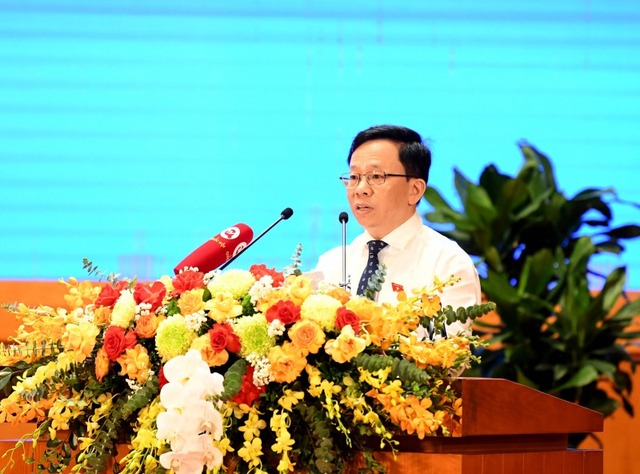
S. Le Minh Nam, Standing Member, Finance and Budget Committee of the National Assembly, speaking at the Workshop
Identifying mechanisms and policies to unlock resources for cultural and sports development
Speaking at the Workshop, Deputy Prime Minister Tran Hong Ha emphasized the extremely important significance of the Workshop in helping the Government assess and identify mechanisms and policies to unleash resources, turn culture into a driving force, and "economicize culture through the development of heritage, cultural products, and tourism".
Agreeing with the opinions and discussions at the Workshop on the current status of cultural and sports institutions, especially the existing causes and proposed solutions, the Deputy Prime Minister said that it is necessary to continue institutionalizing and concretizing the Party's policies, guidelines and viewpoints on culture and sports; at the same time, continue to clarify the connotation of the concept of cultural and sports institutions such as the accompanying facilities, organizations, and policy mechanisms demonstrating the role of the state.
According to the Deputy Prime Minister, cultural and sports institutions must be considered a very important part of institutions related to social infrastructure, so it is necessary to have a set of criteria for assessment and determination to be included in planning at the national, regional, local and grassroots levels. In addition, it is necessary to study the model of cultural institutions in heritage cities and urban areas, for example Hoi An.
"The issues raised are the role of the state, the participation of society, businesses, and people in developing cultural and sports institutions, both building a spiritual foundation and contributing to culturalizing the economy, connecting society, developing the economy, tourism, and services," the Deputy Prime Minister shared.
The Deputy Prime Minister said that there should be a "complete set of laws" related to the field of cultural and sports institutions. In which, the State plays a leading role in prioritizing resources to carry out important tasks such as the national target program on developing Vietnamese culture, while attracting the participation of the private and social sectors in building cultural and sports institutions.
Deputy Prime Minister Tran Hong Ha said that the Government will study and soon issue documents related to the Decrees and Circulars that can be resolved immediately. In the immediate future, the Decree on amending and supplementing a number of articles of Decree 151 detailing a number of articles of the Law on Management and Use of Public Assets may be signed and issued next week. In particular, the Land Law (amended) taking effect from July 1 will resolve a large number of current problems related to investment, management, exploitation and use of cultural and sports institutions...
"We are amending the Law on Urban and Rural Construction, the content of cultural institutions needs to be clearly defined, so that together with the Land Law, if necessary, the State will invest and we must have full conditions including land, capital, public investment, private investment...", the Deputy Prime Minister said./.
Source: https://toquoc.vn/pho-thu-tuong-tran-hong-ha-khoi-thong-nguon-luc-dua-van-hoa-tro-thanh-dong-luc-20240512191343973.htm


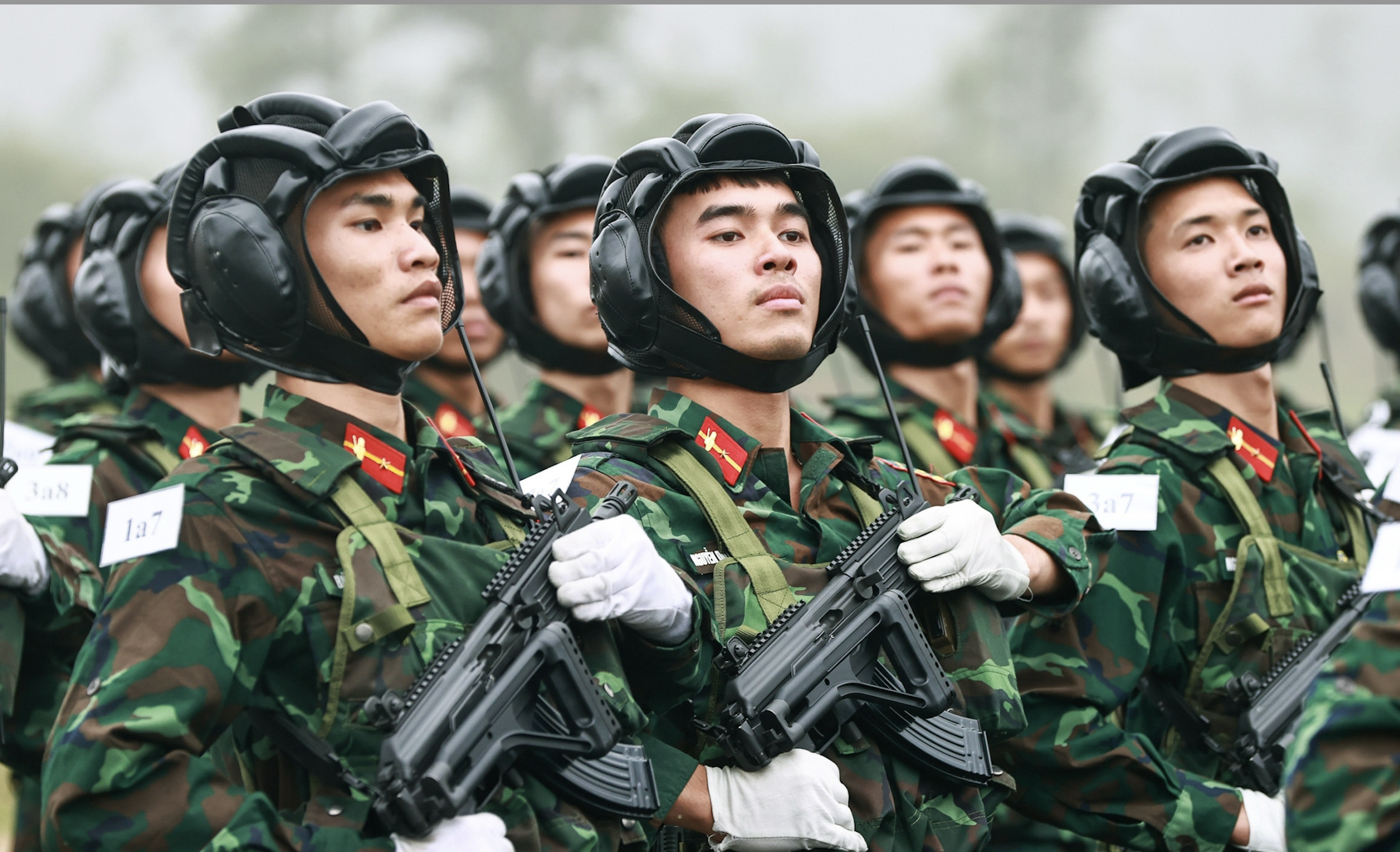


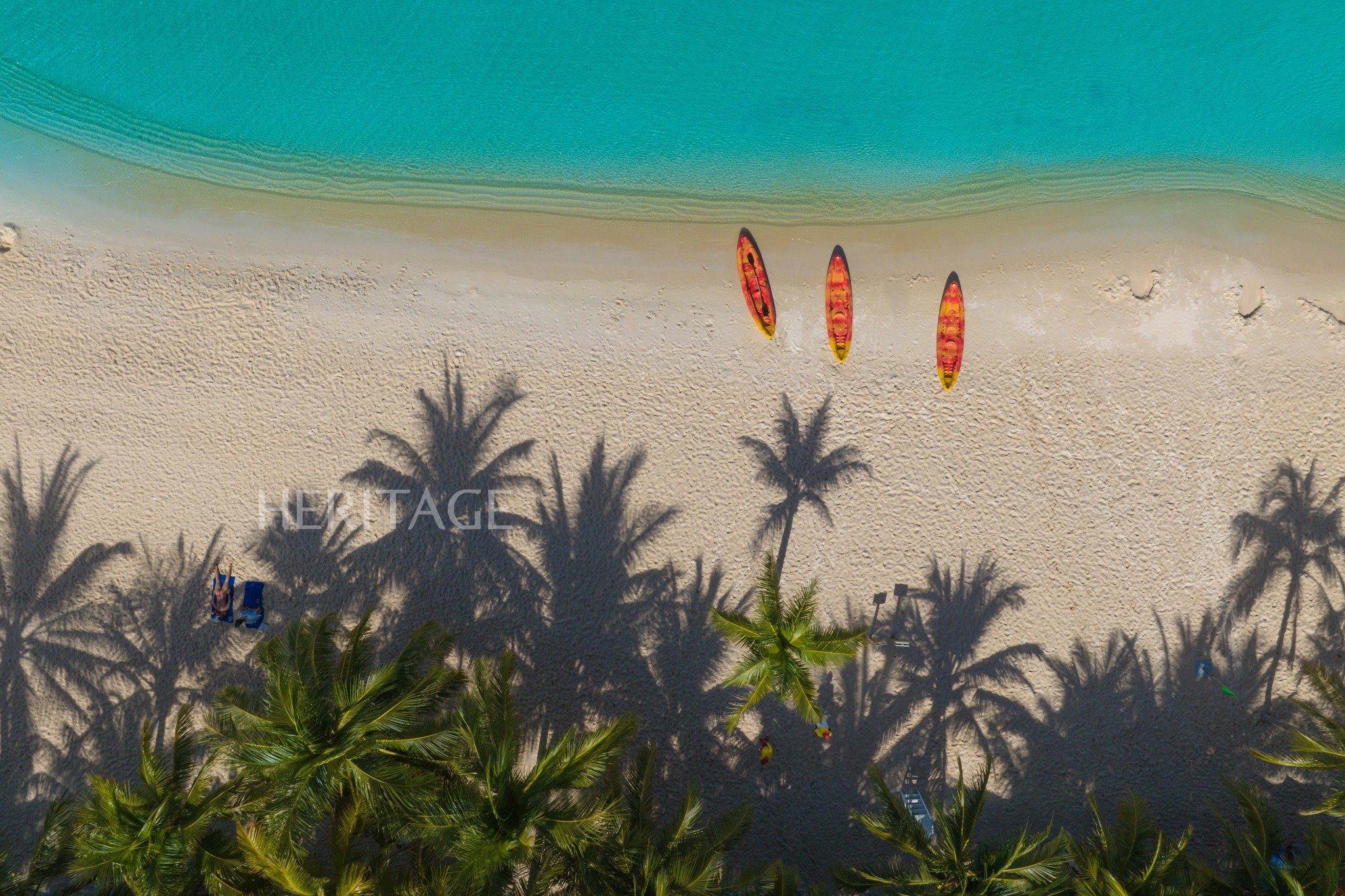
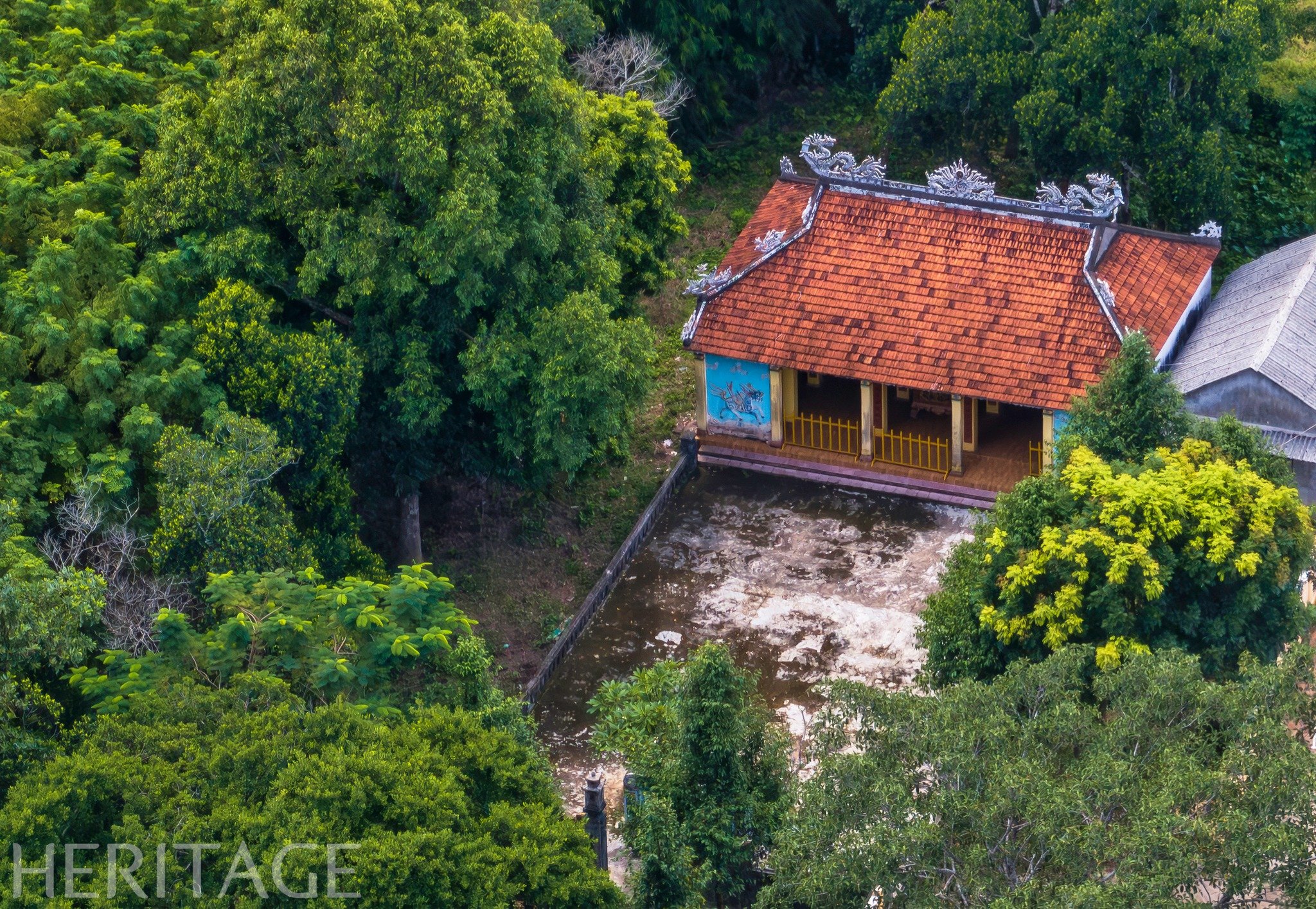
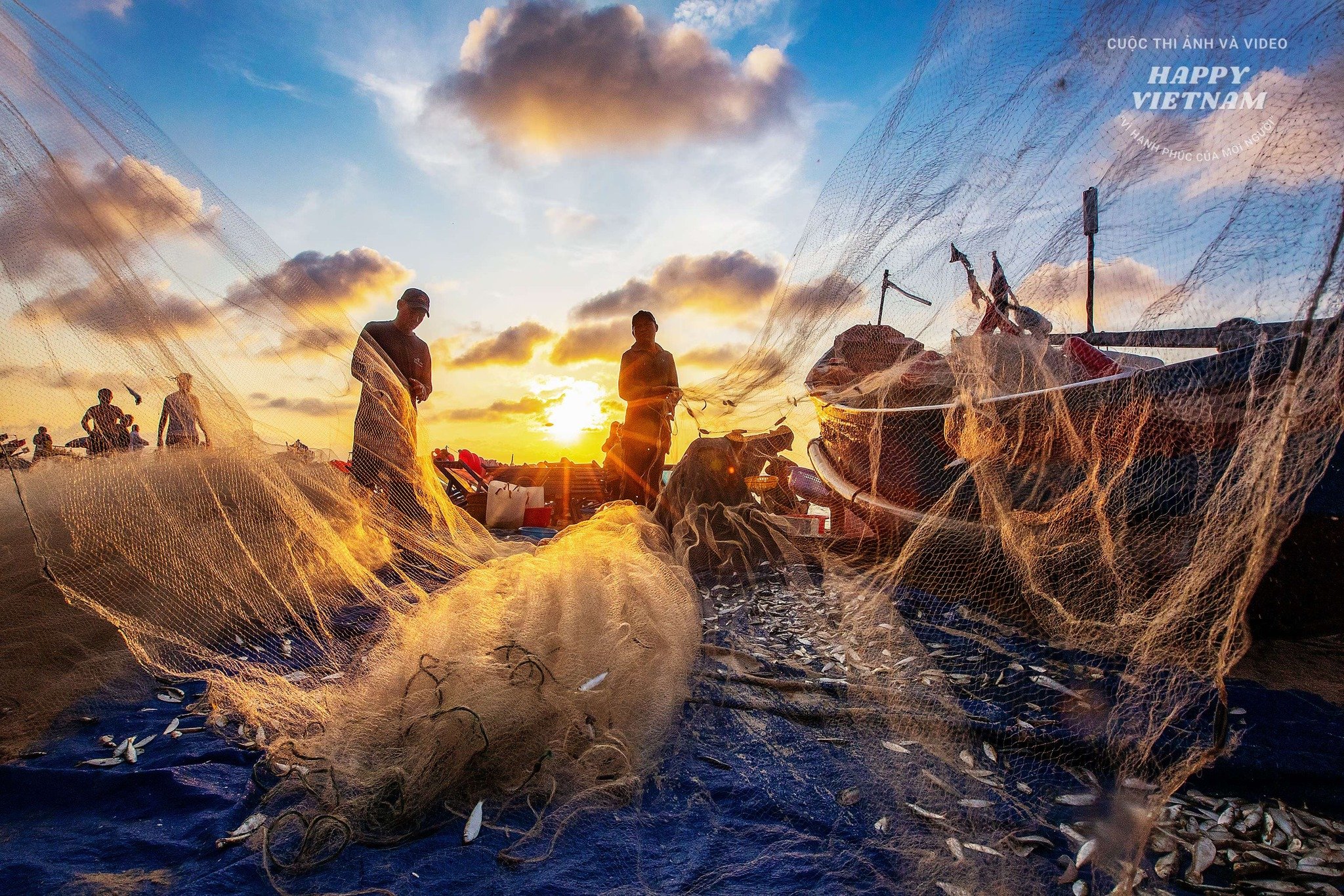
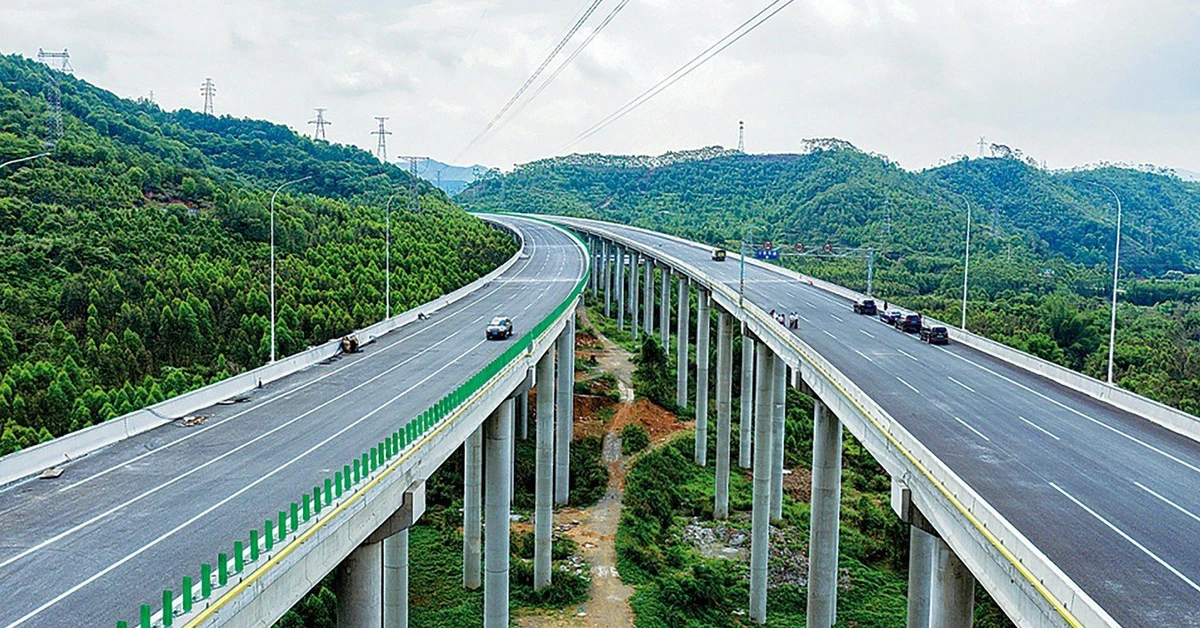



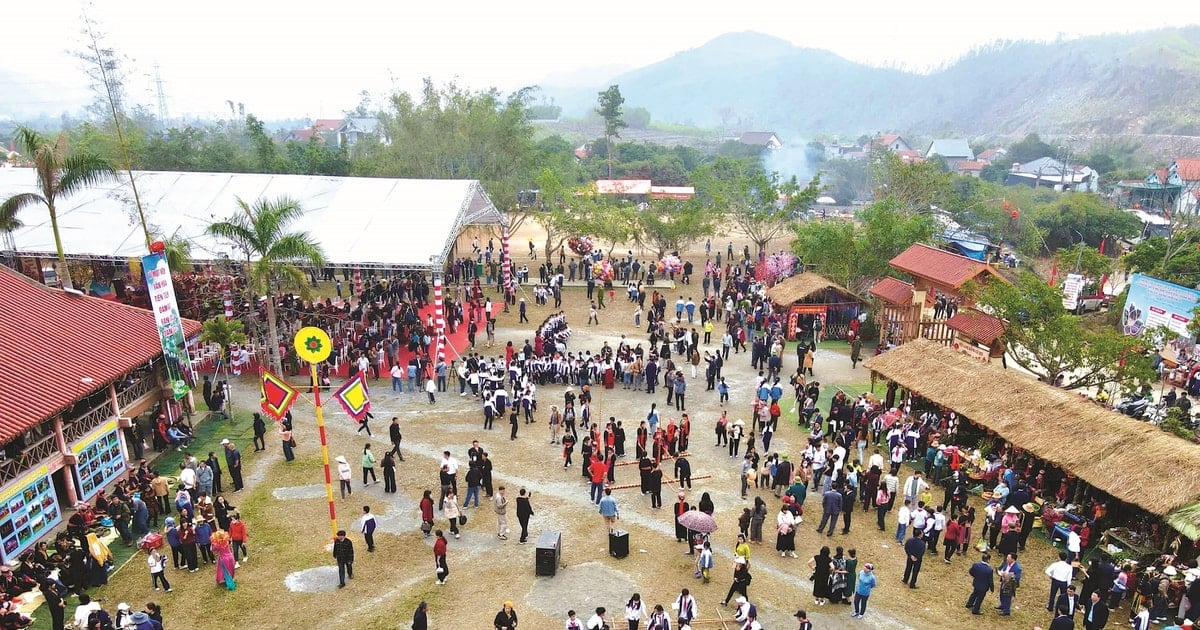

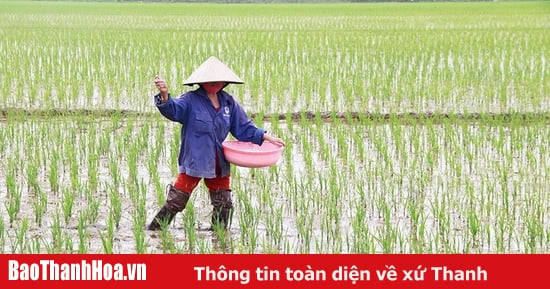
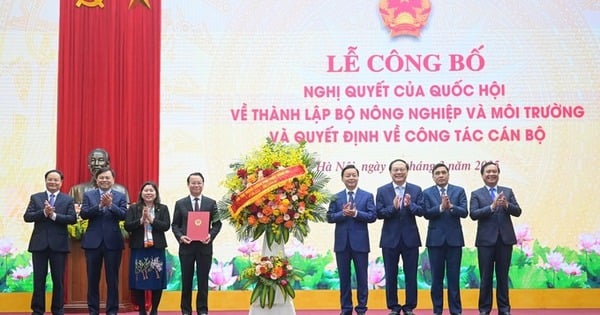

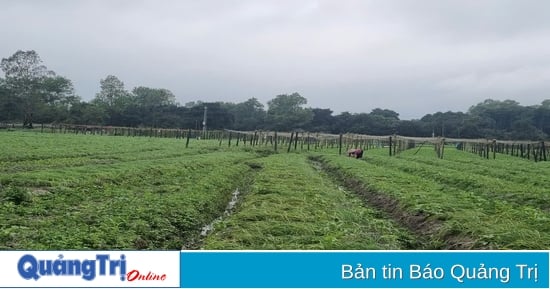
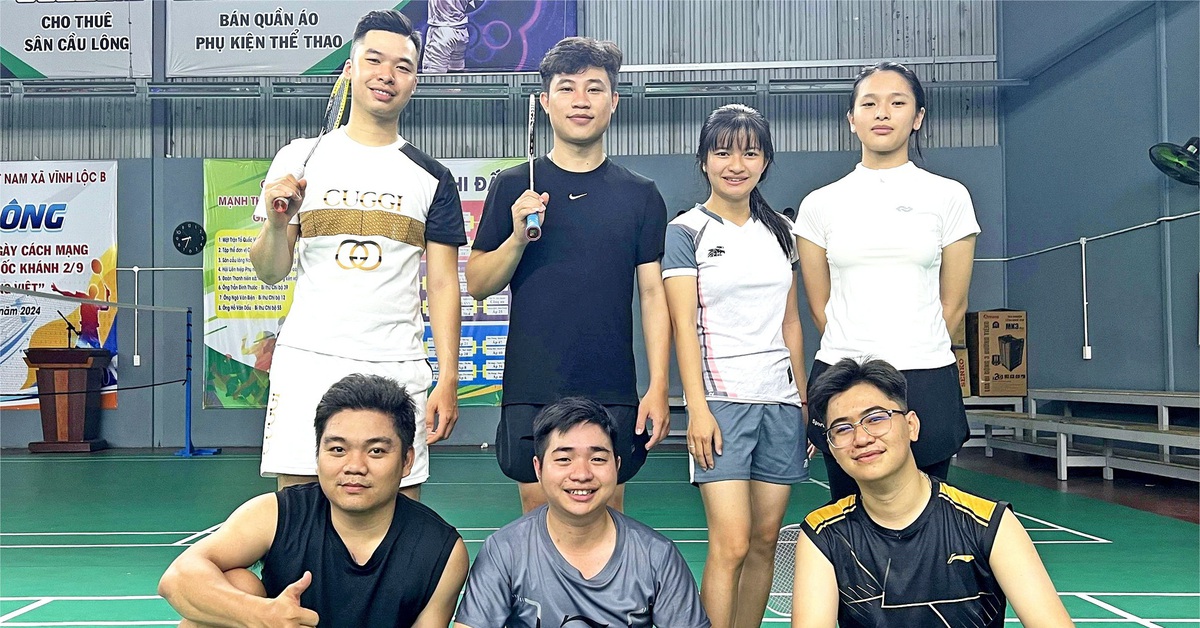


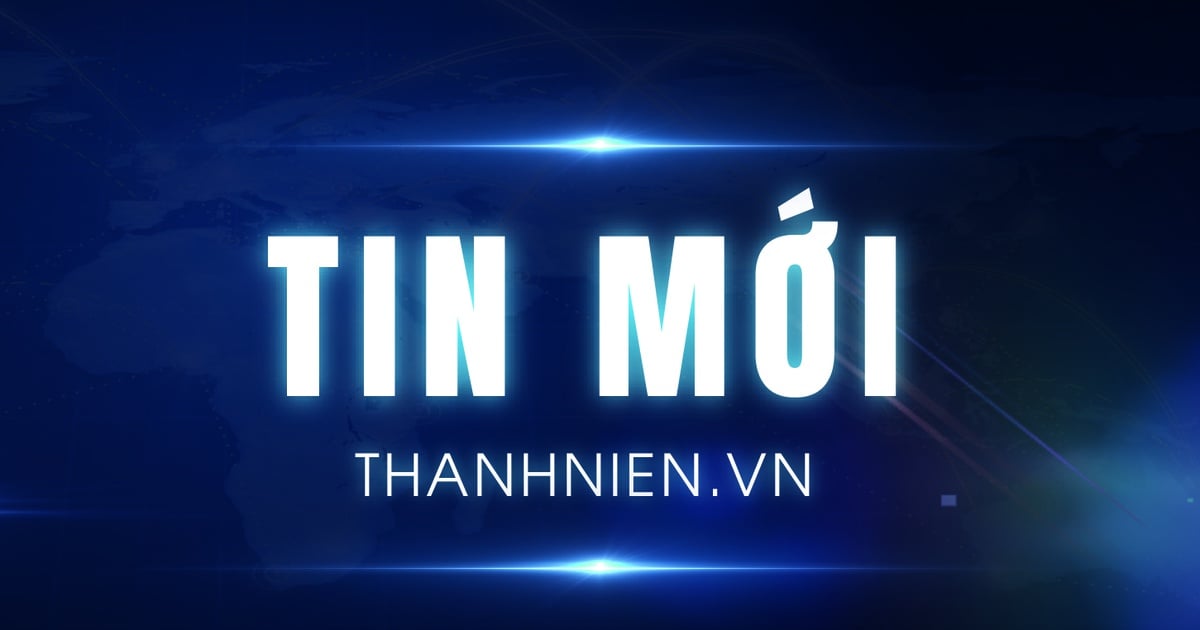



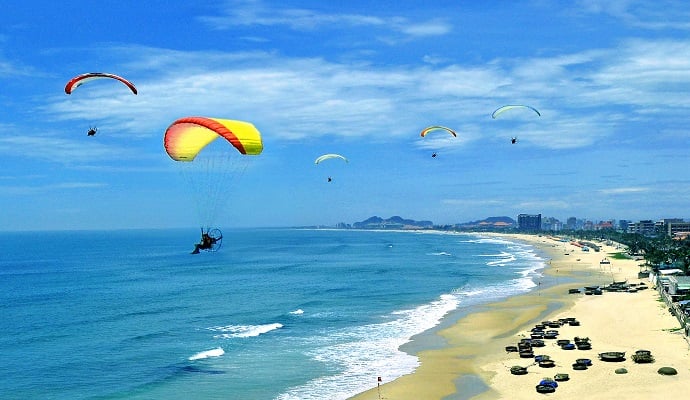

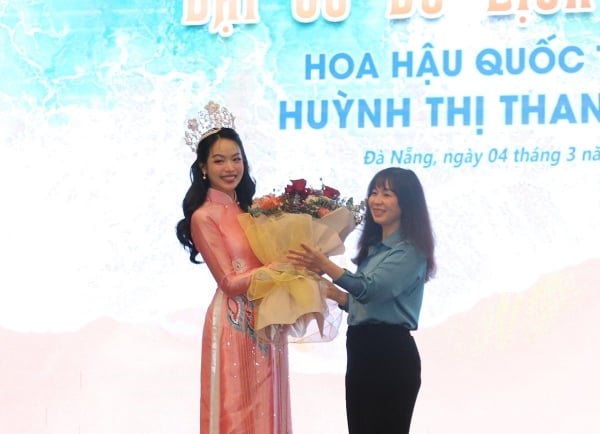


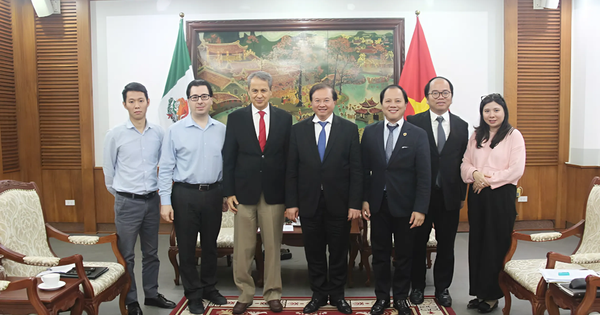
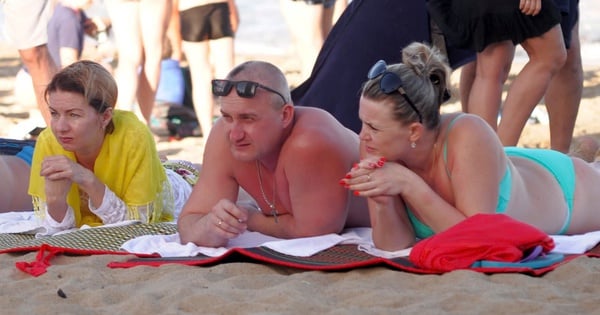
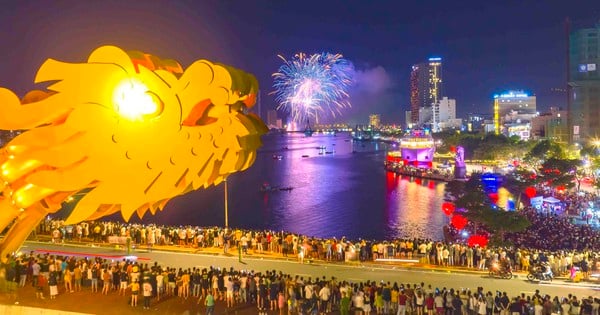
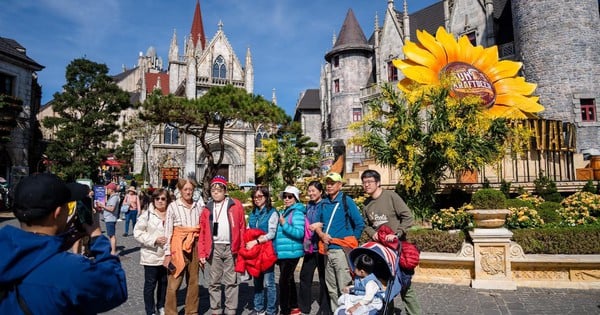
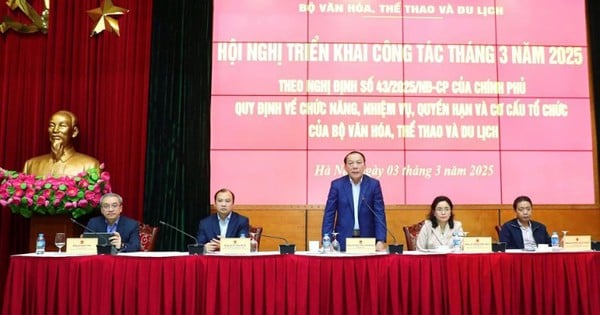

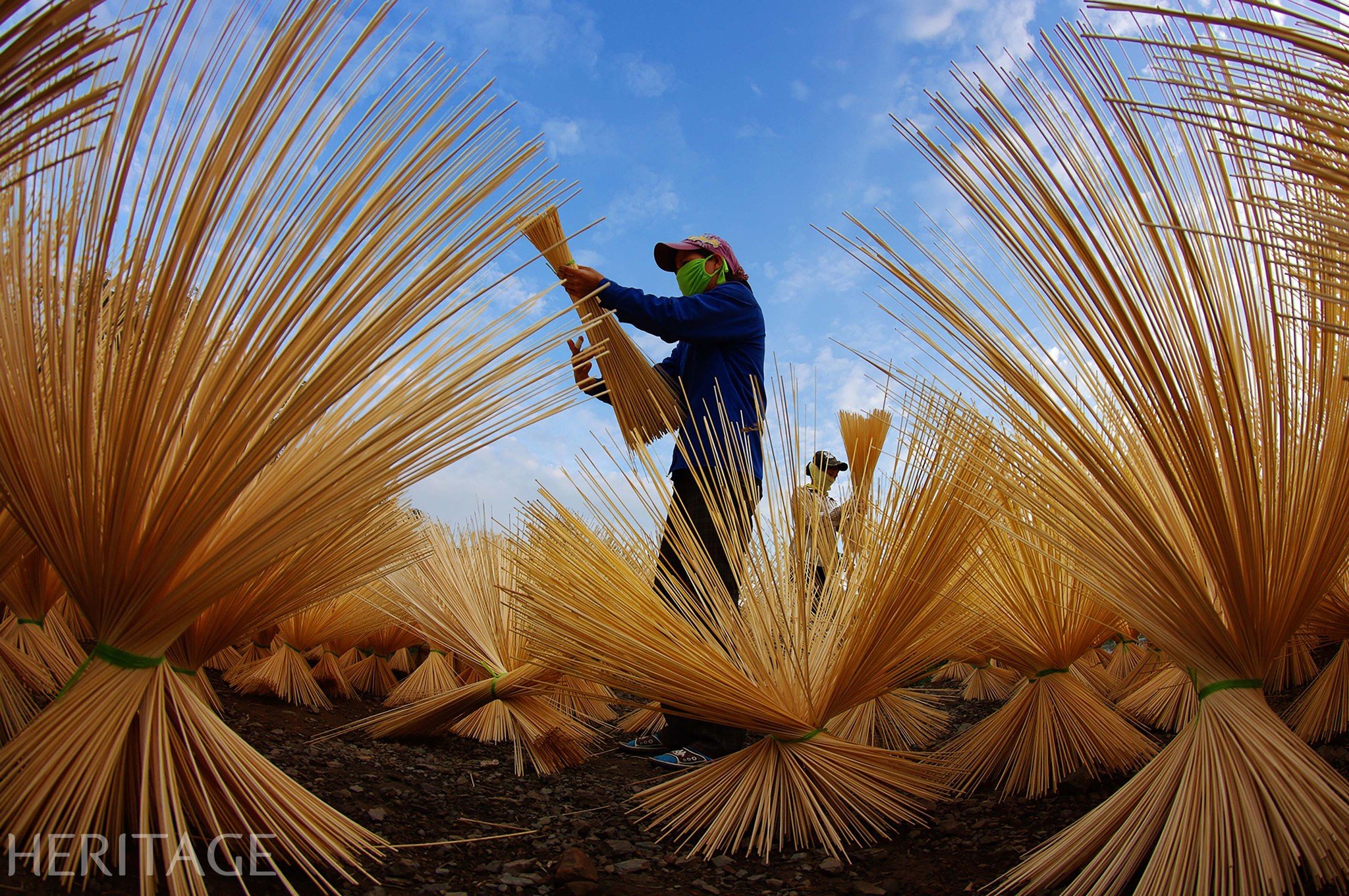
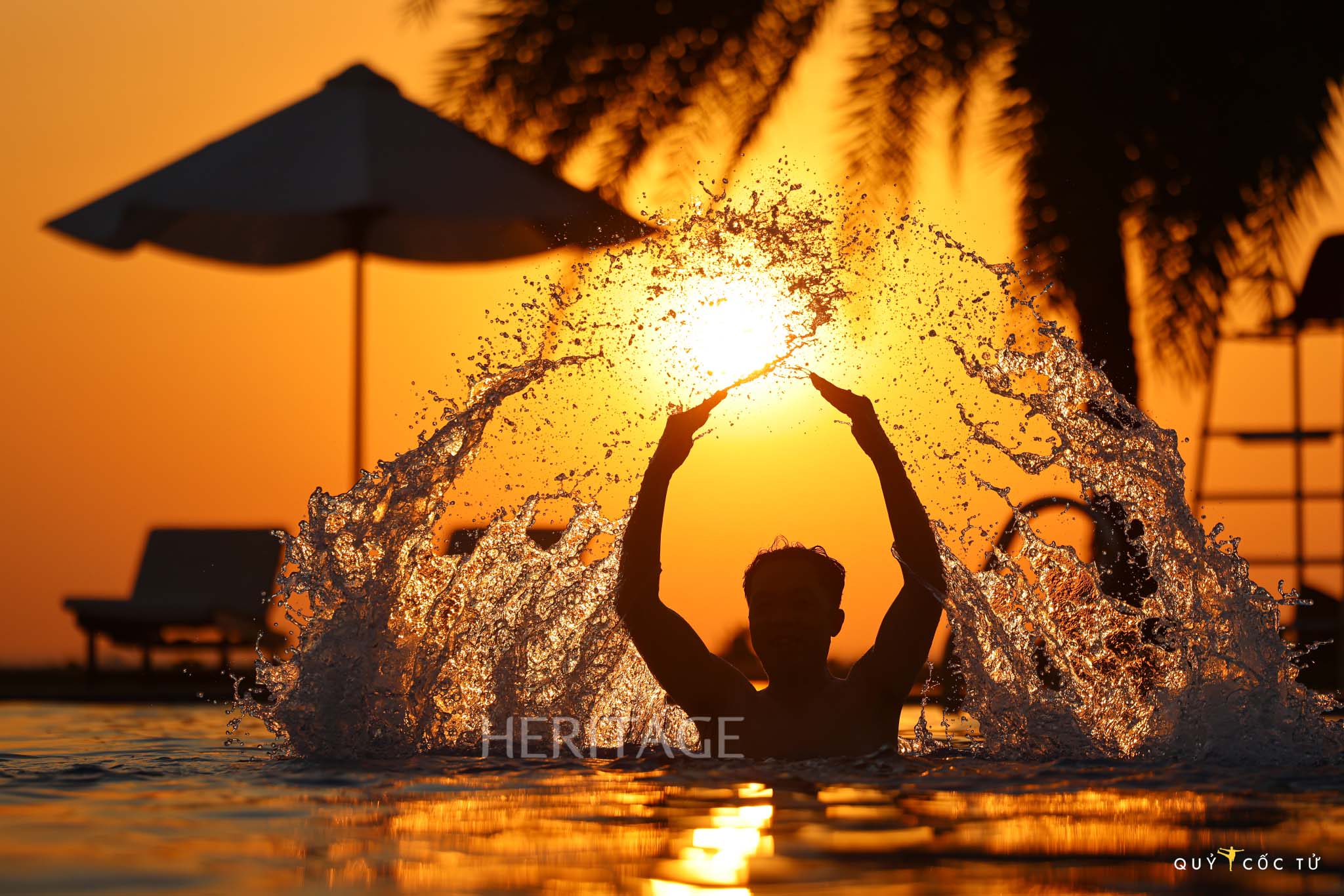
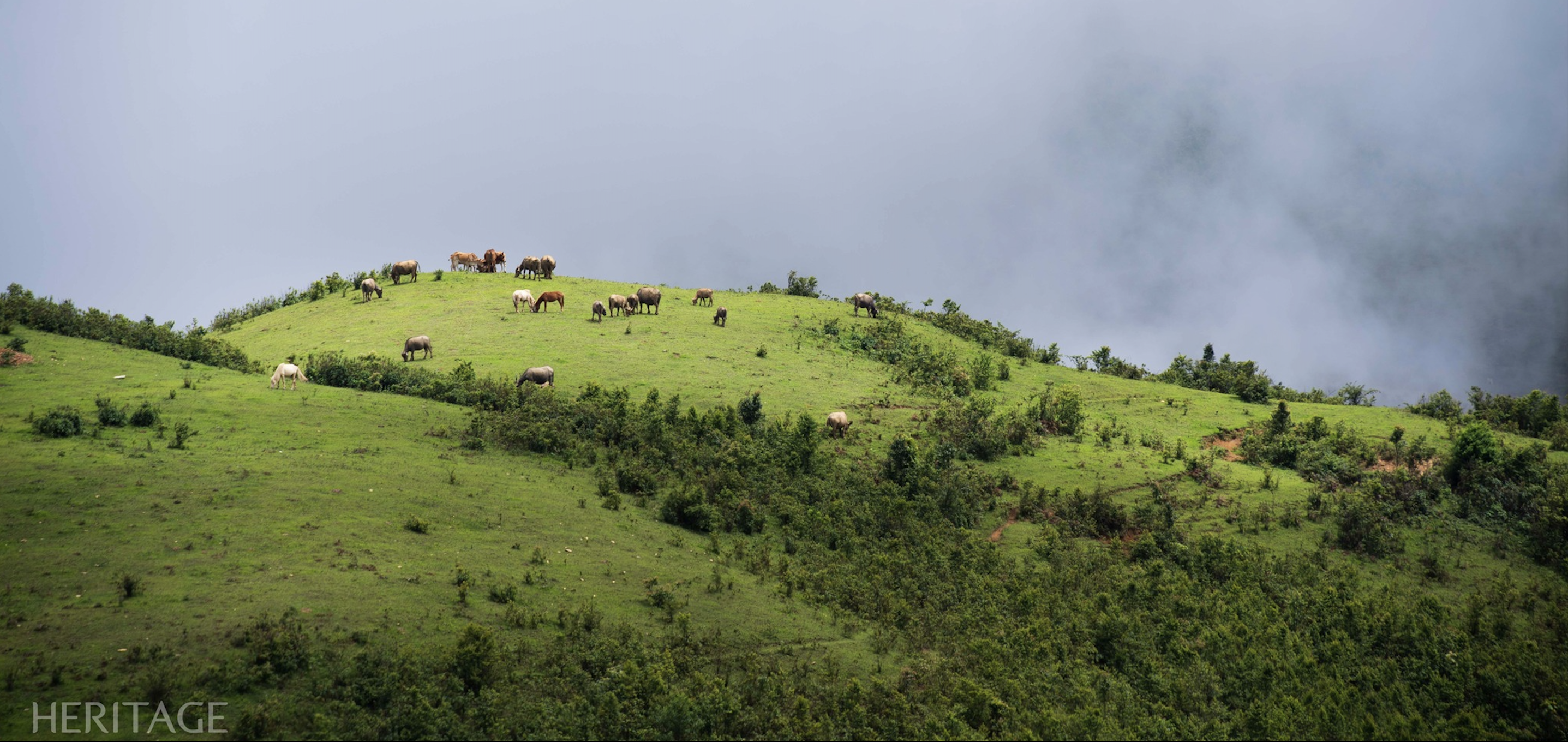
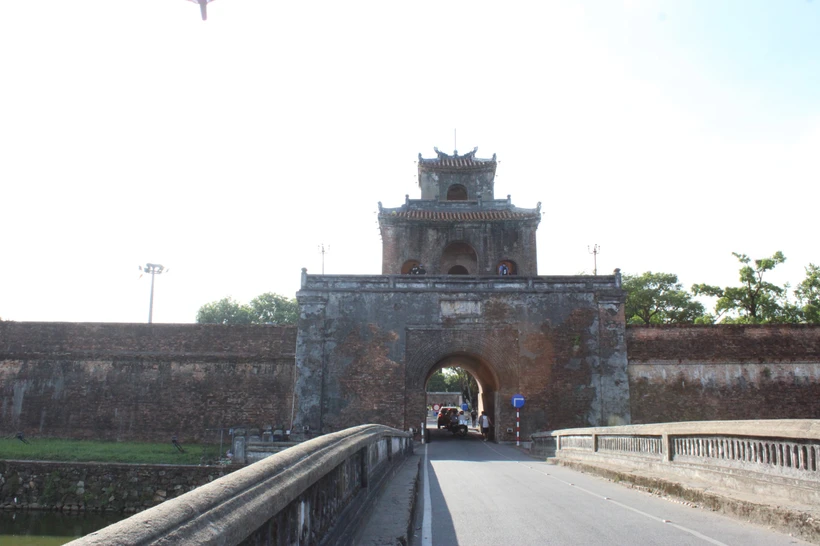

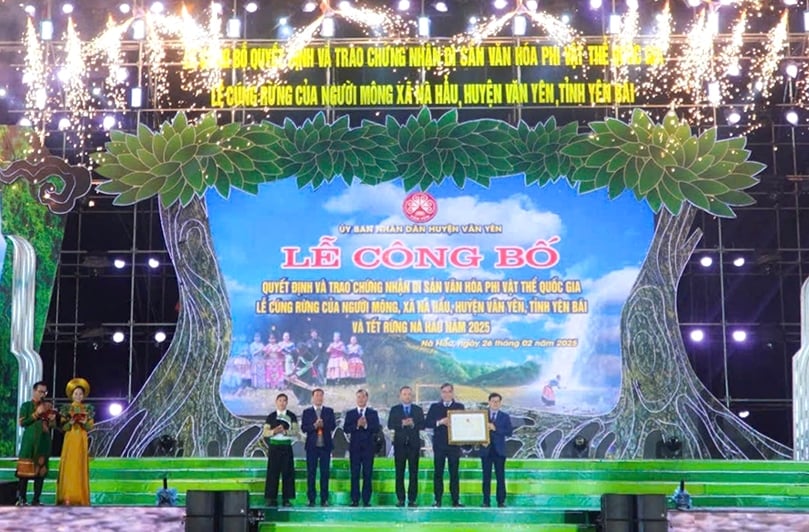

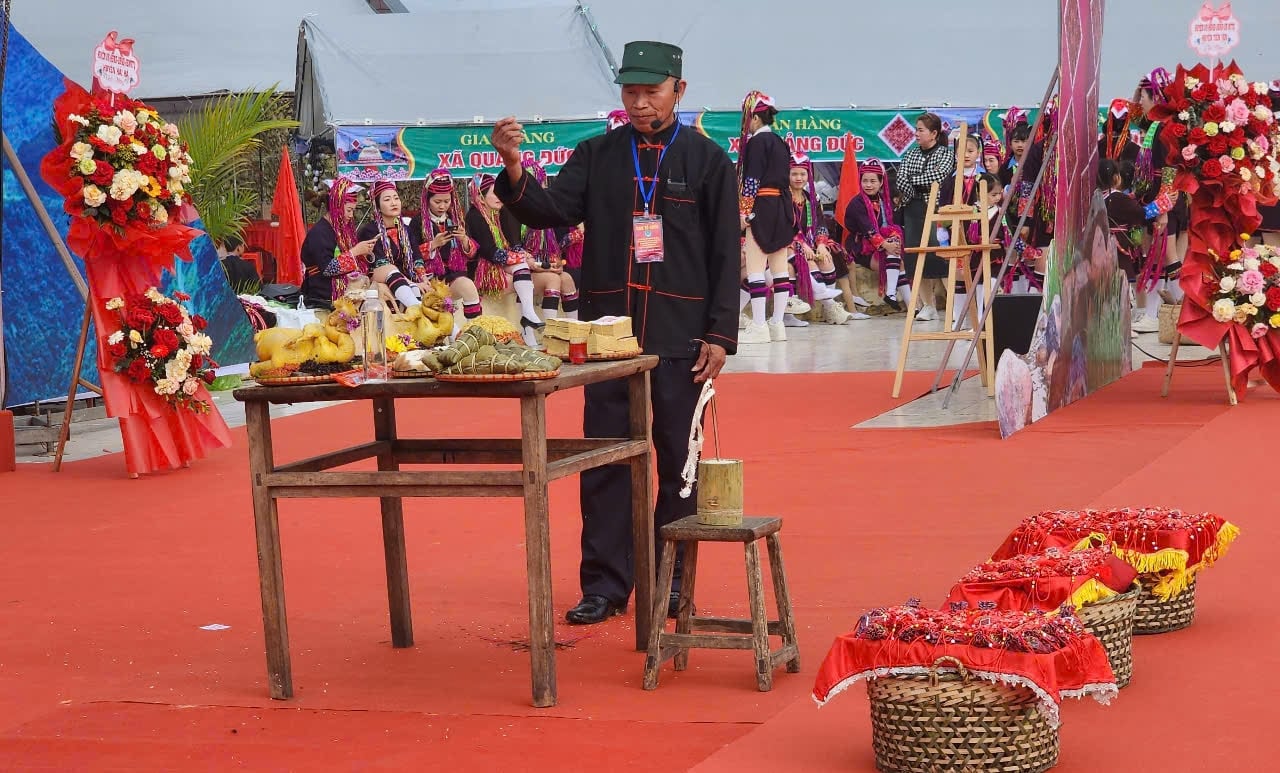
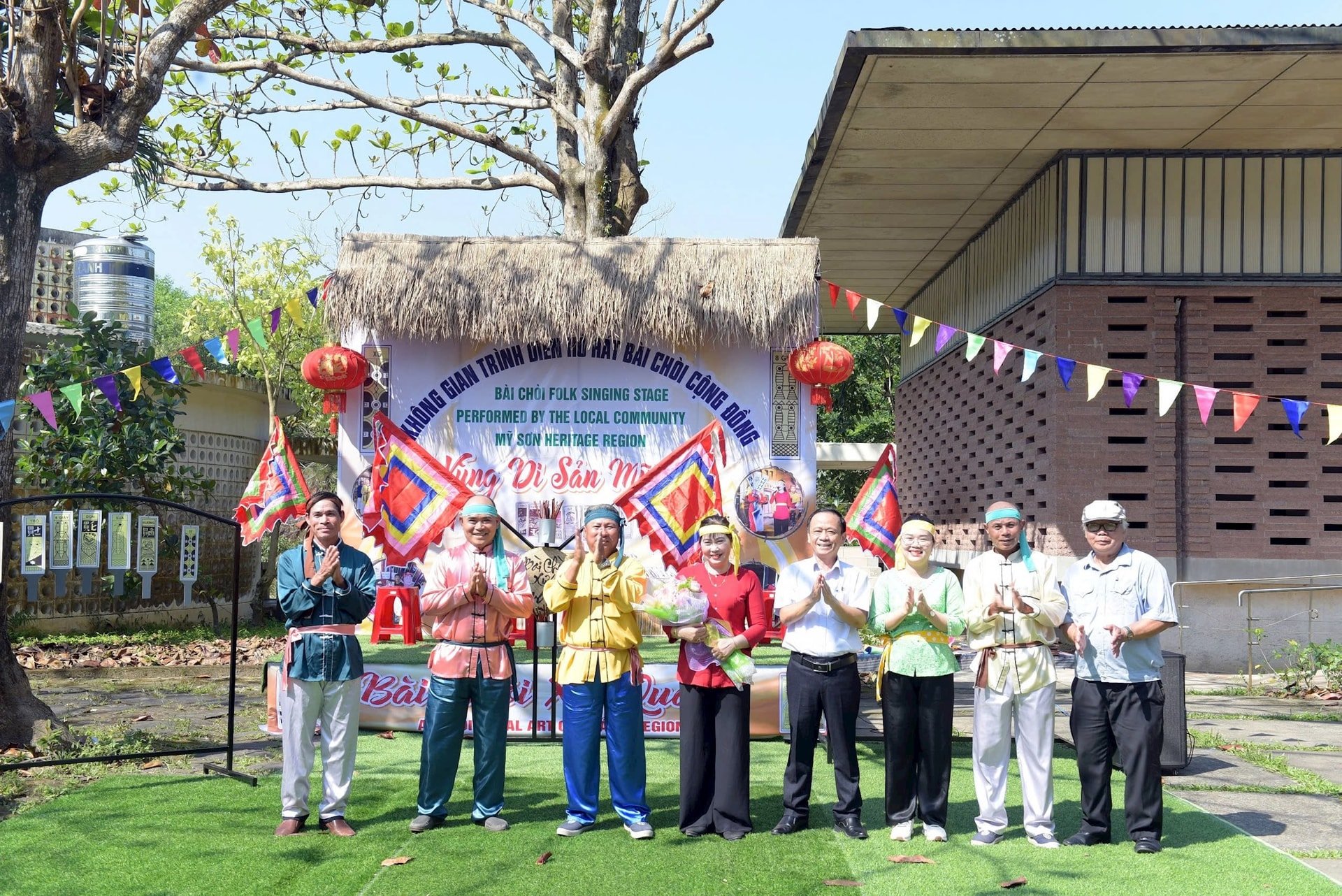



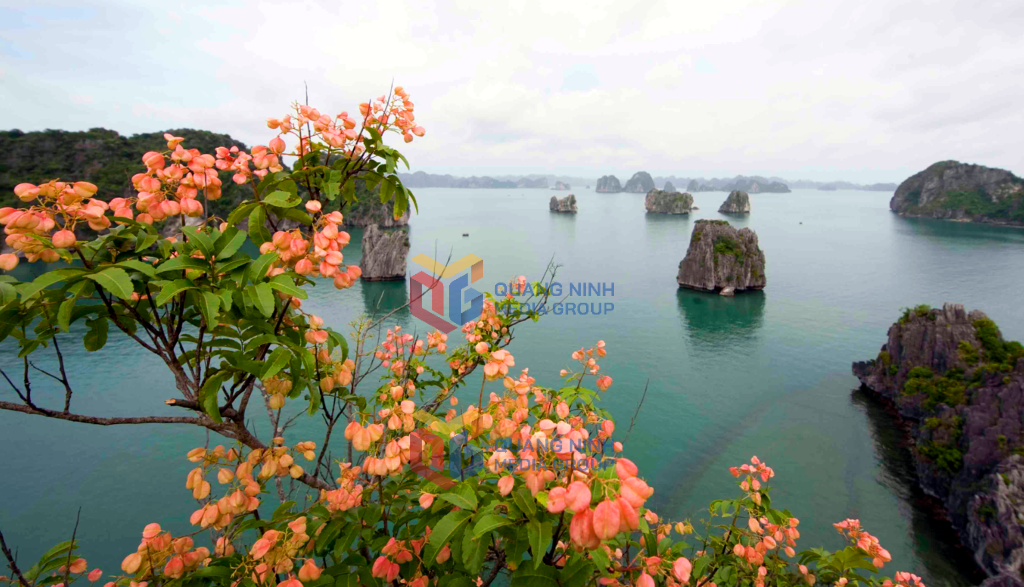

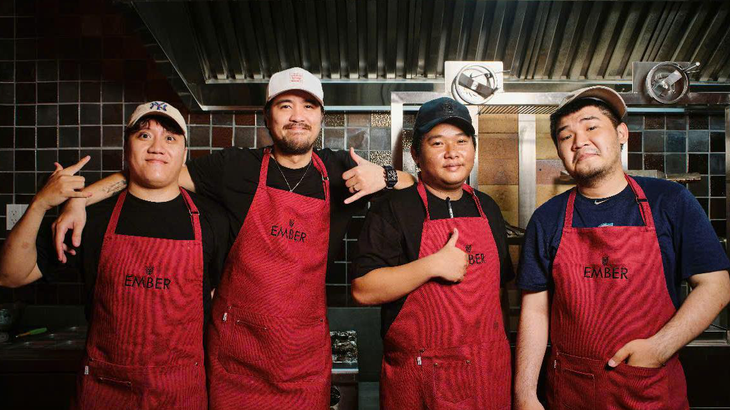
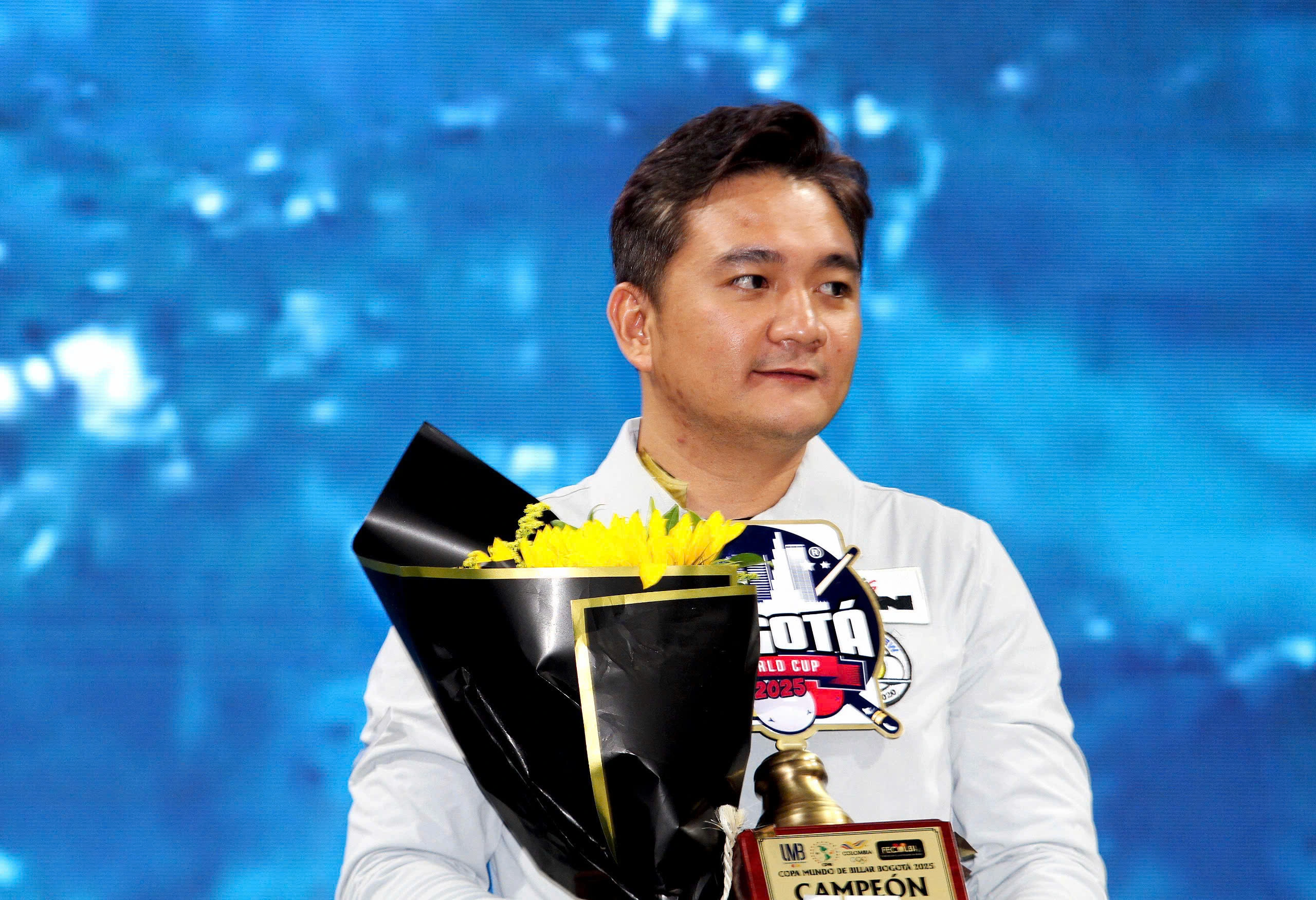

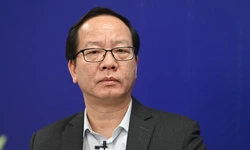

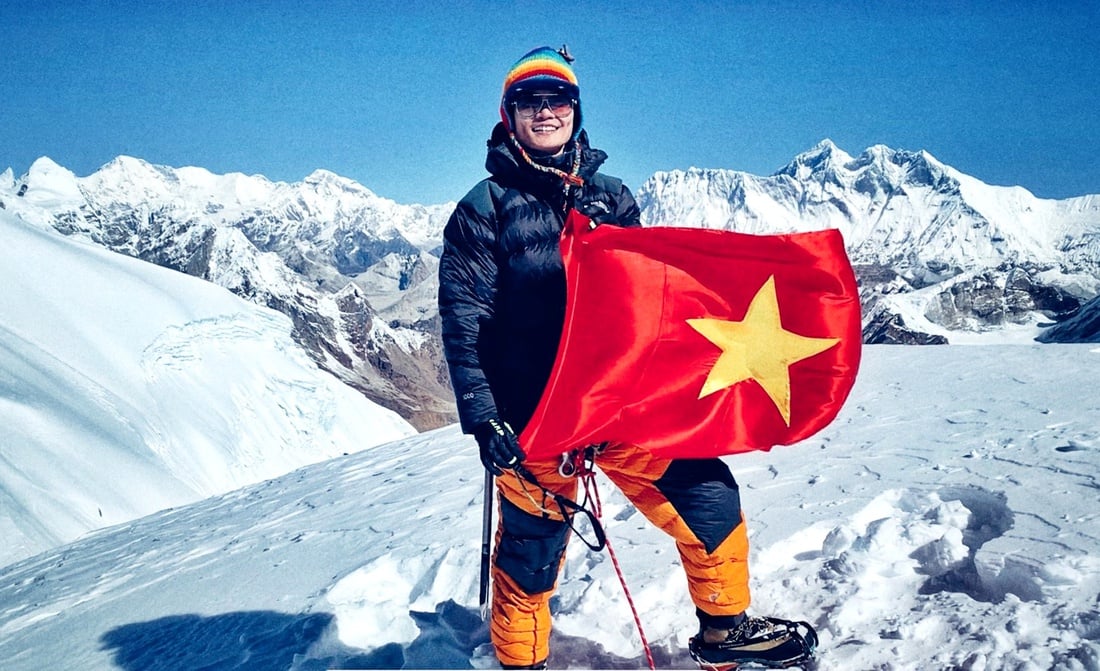
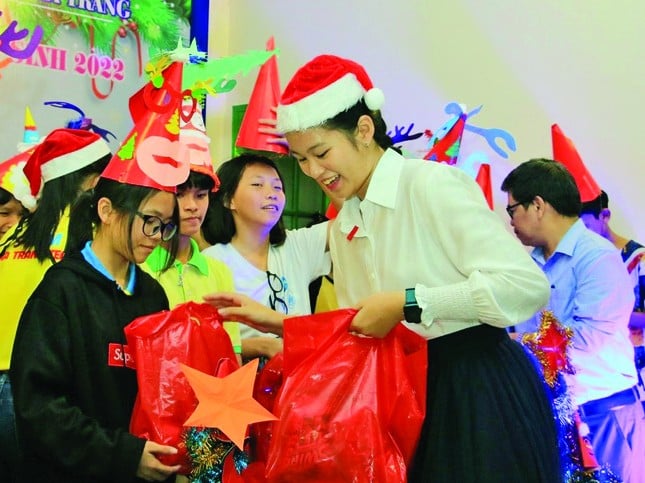

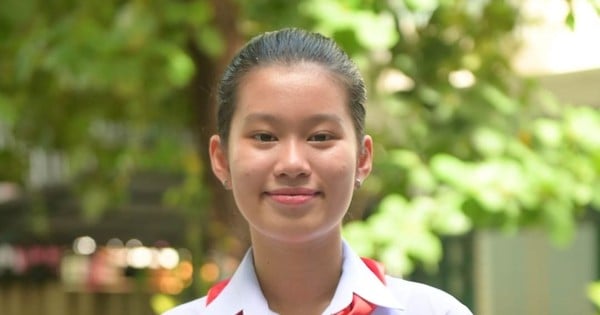







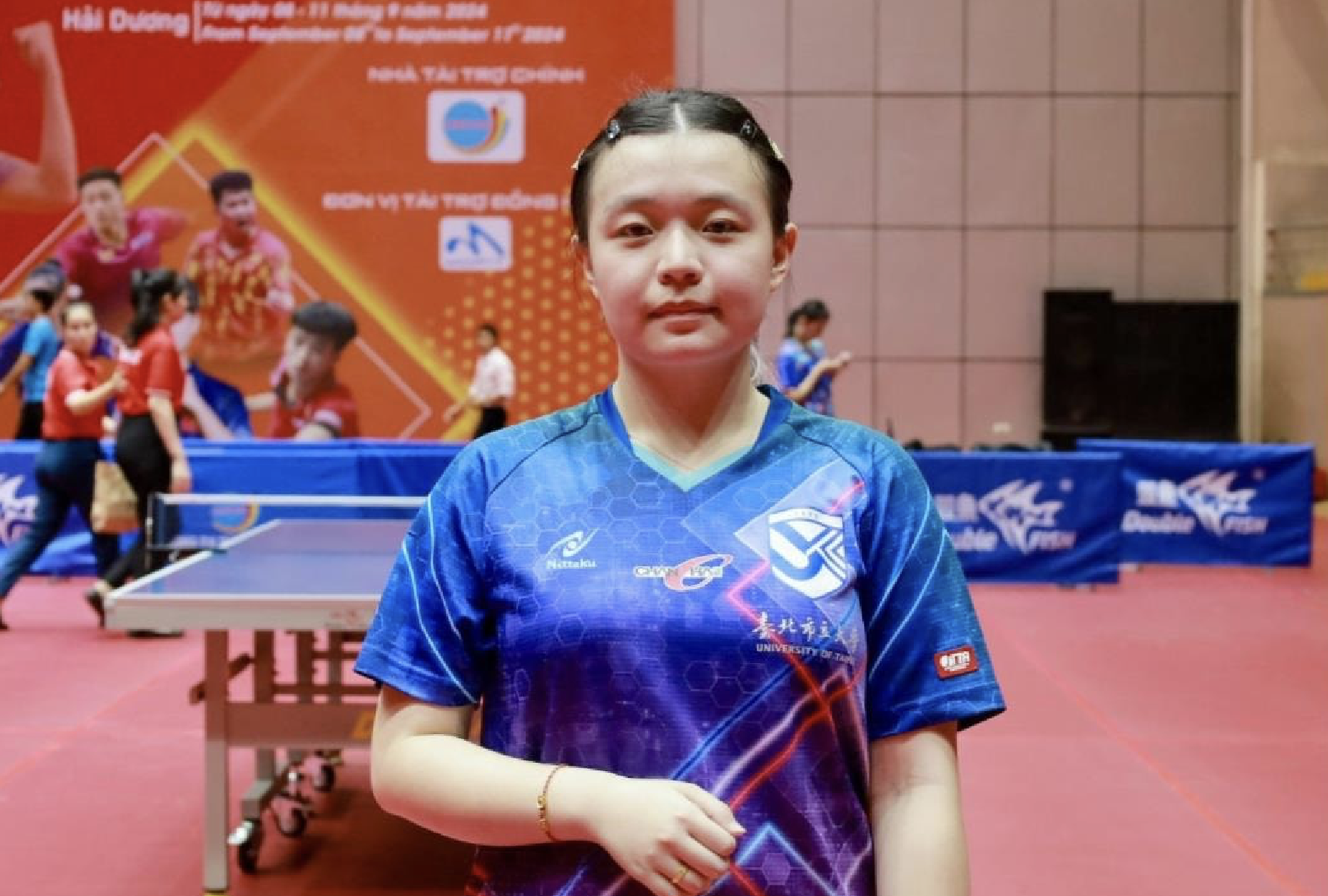
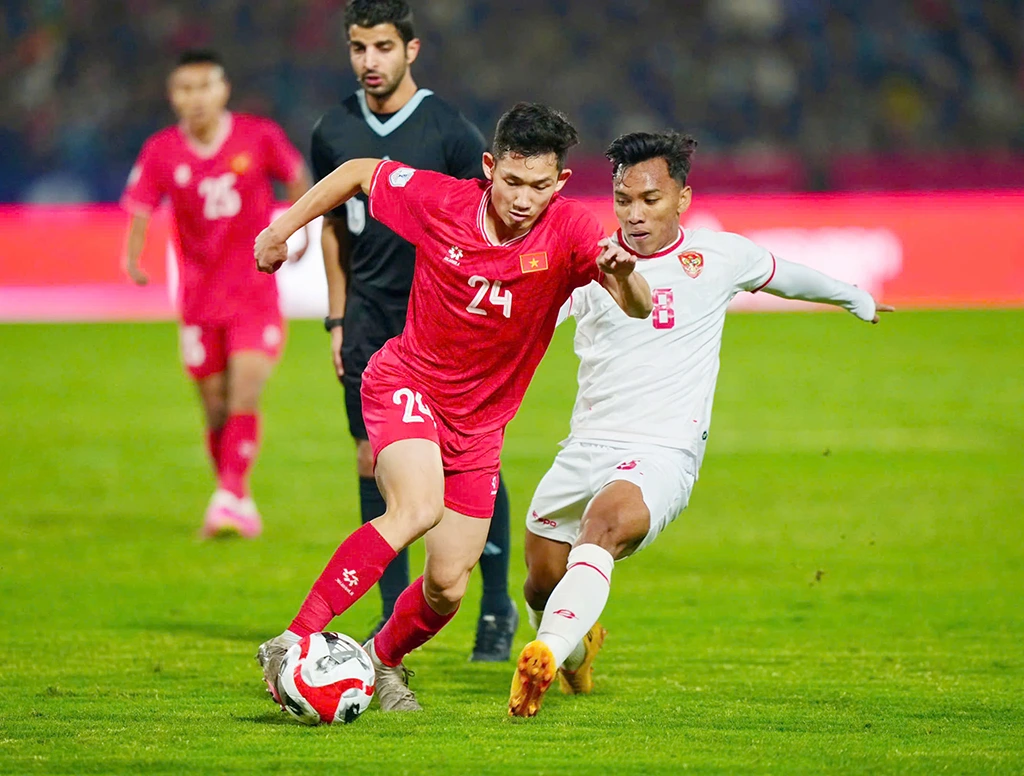
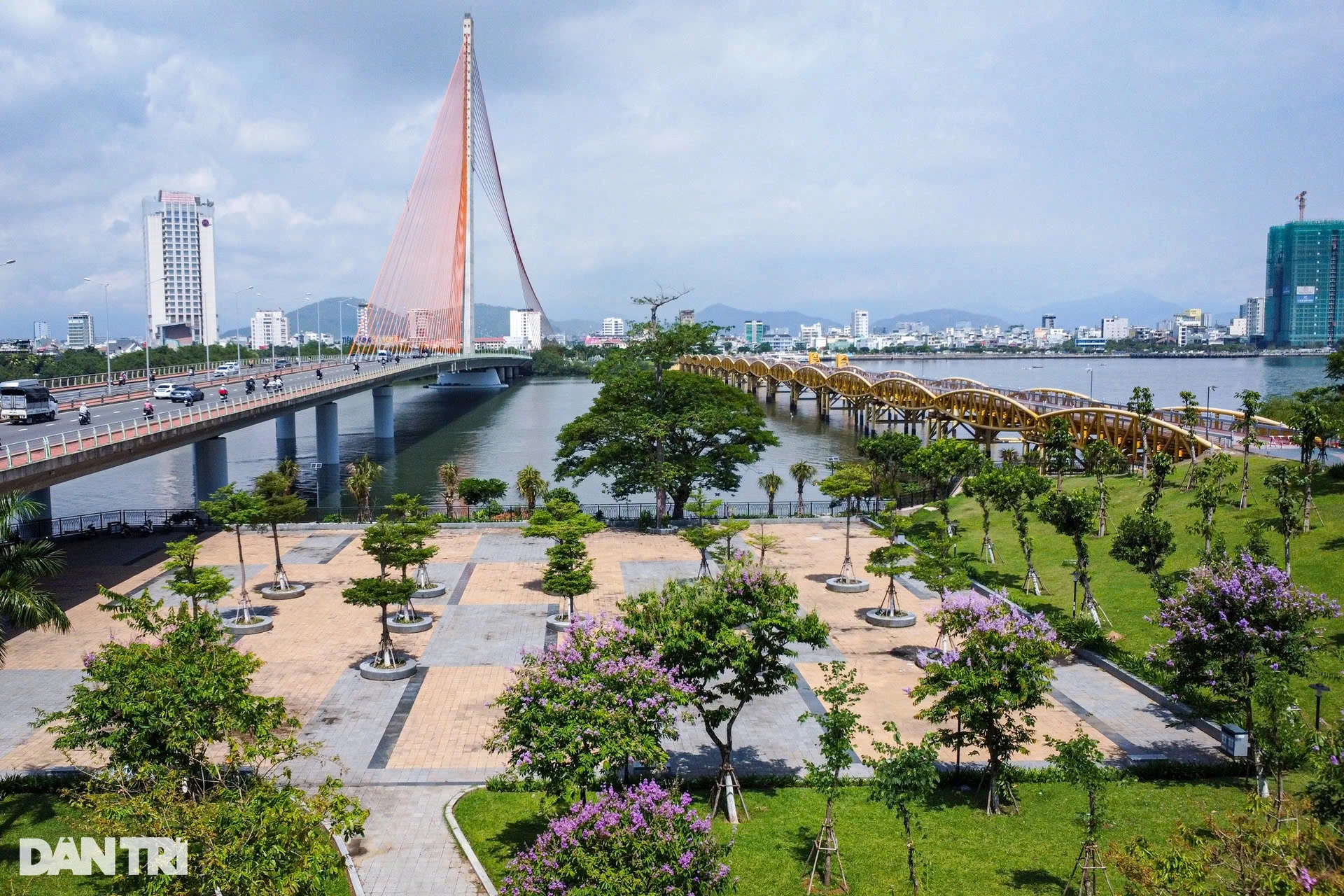
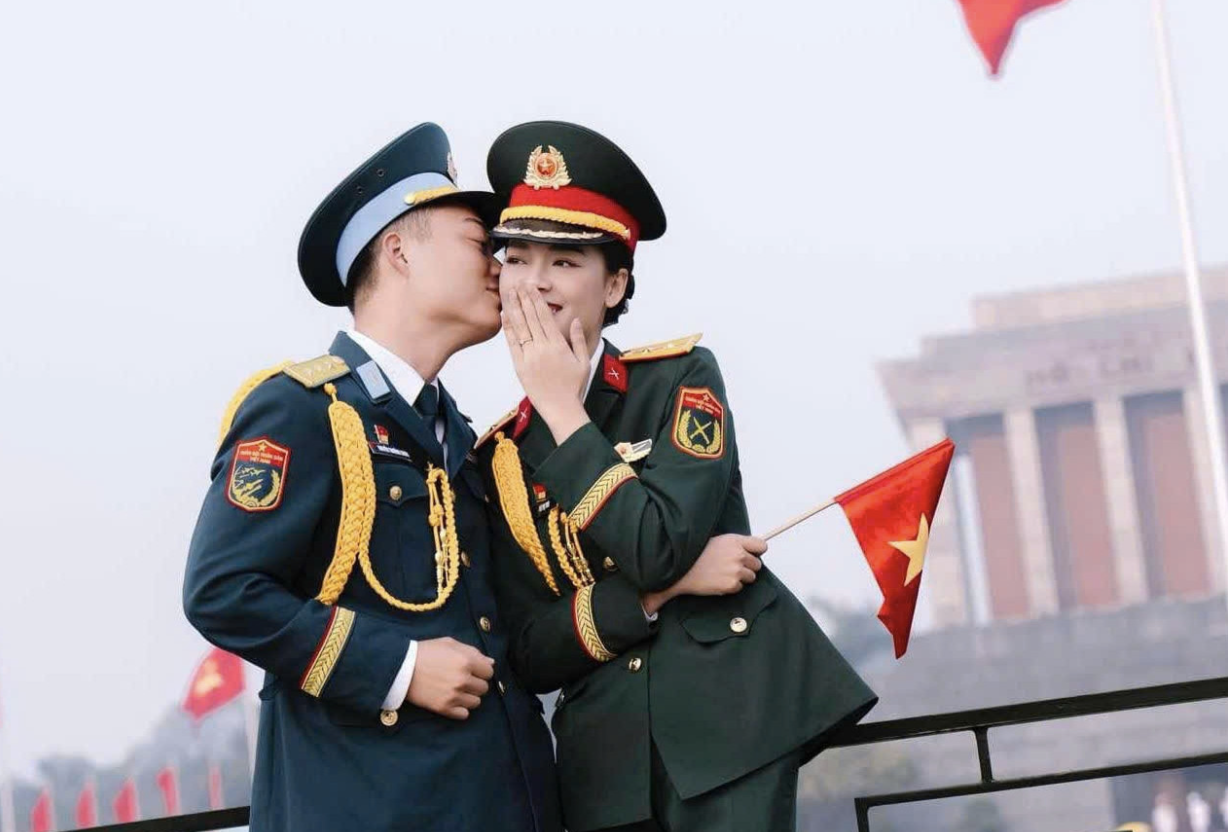
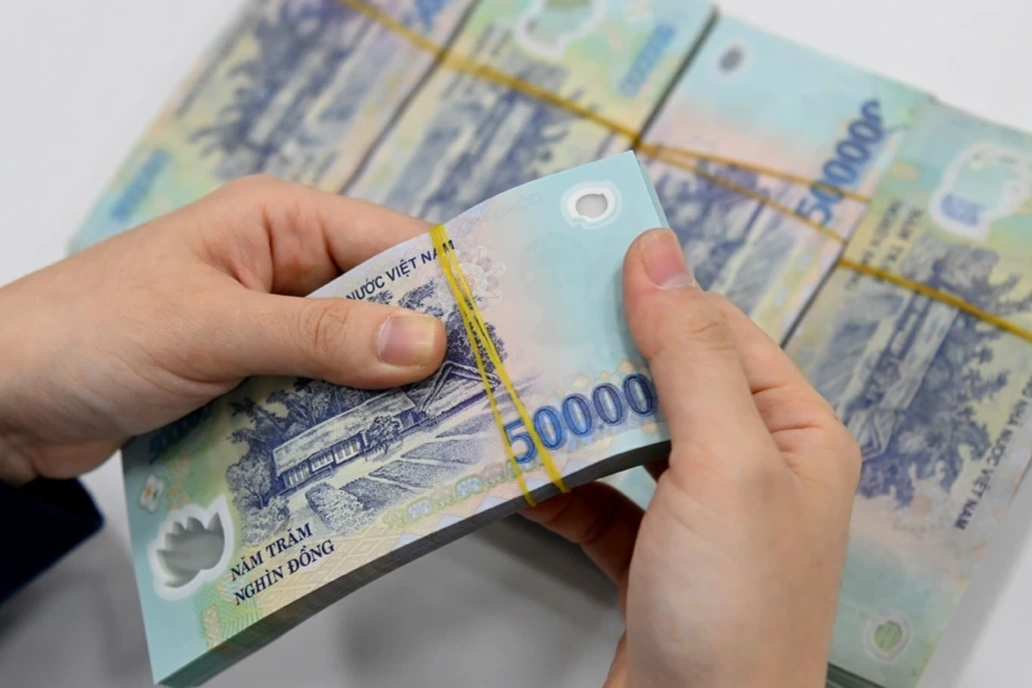
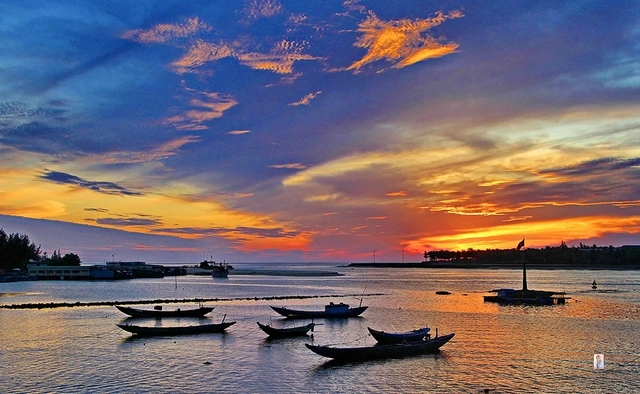
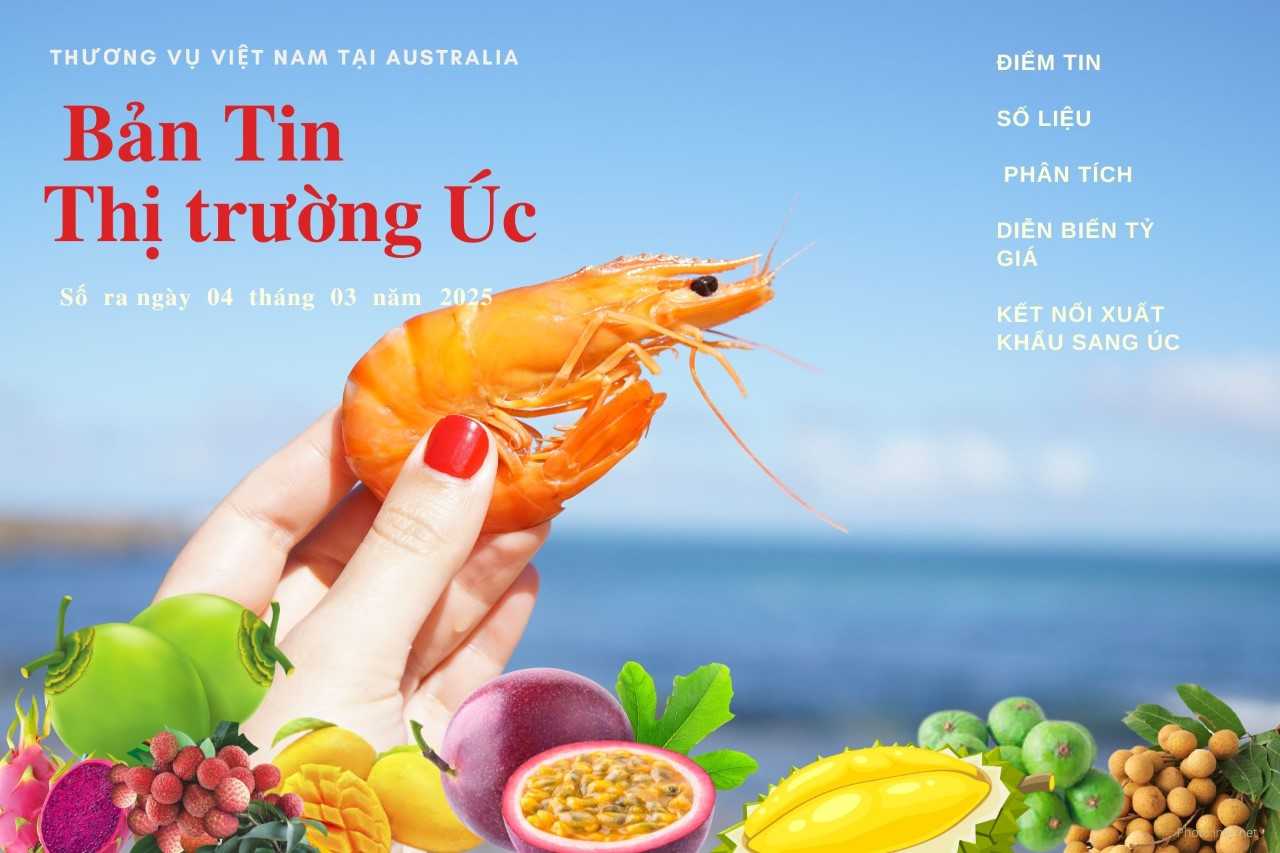


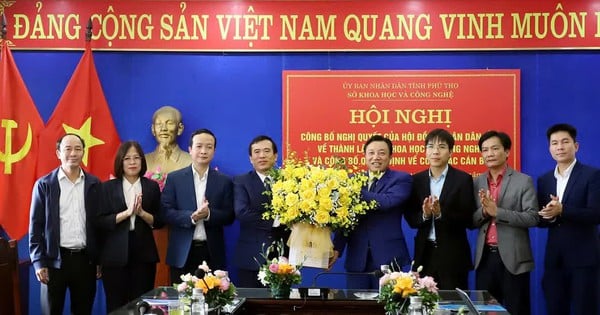

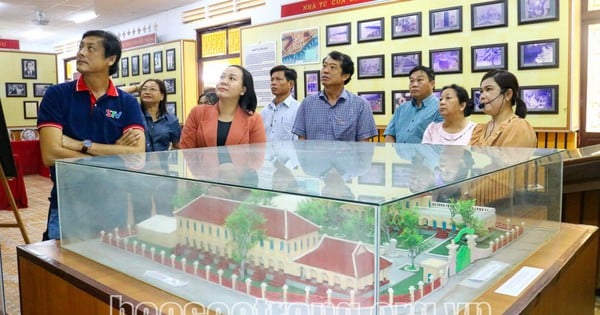

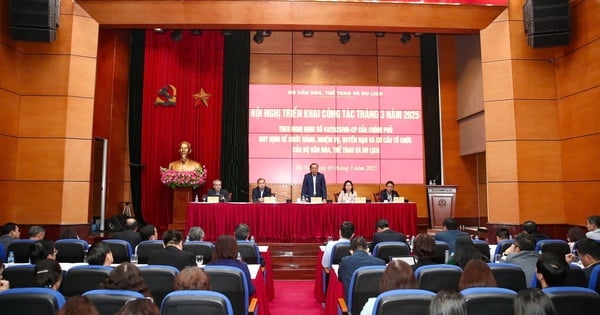
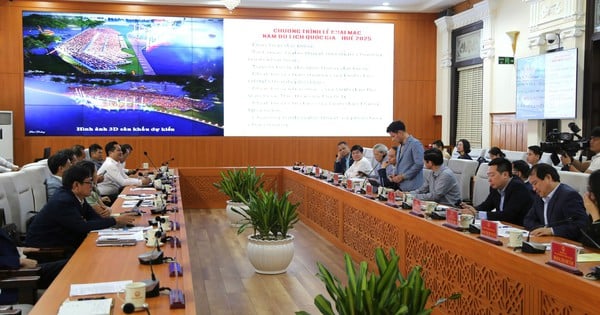






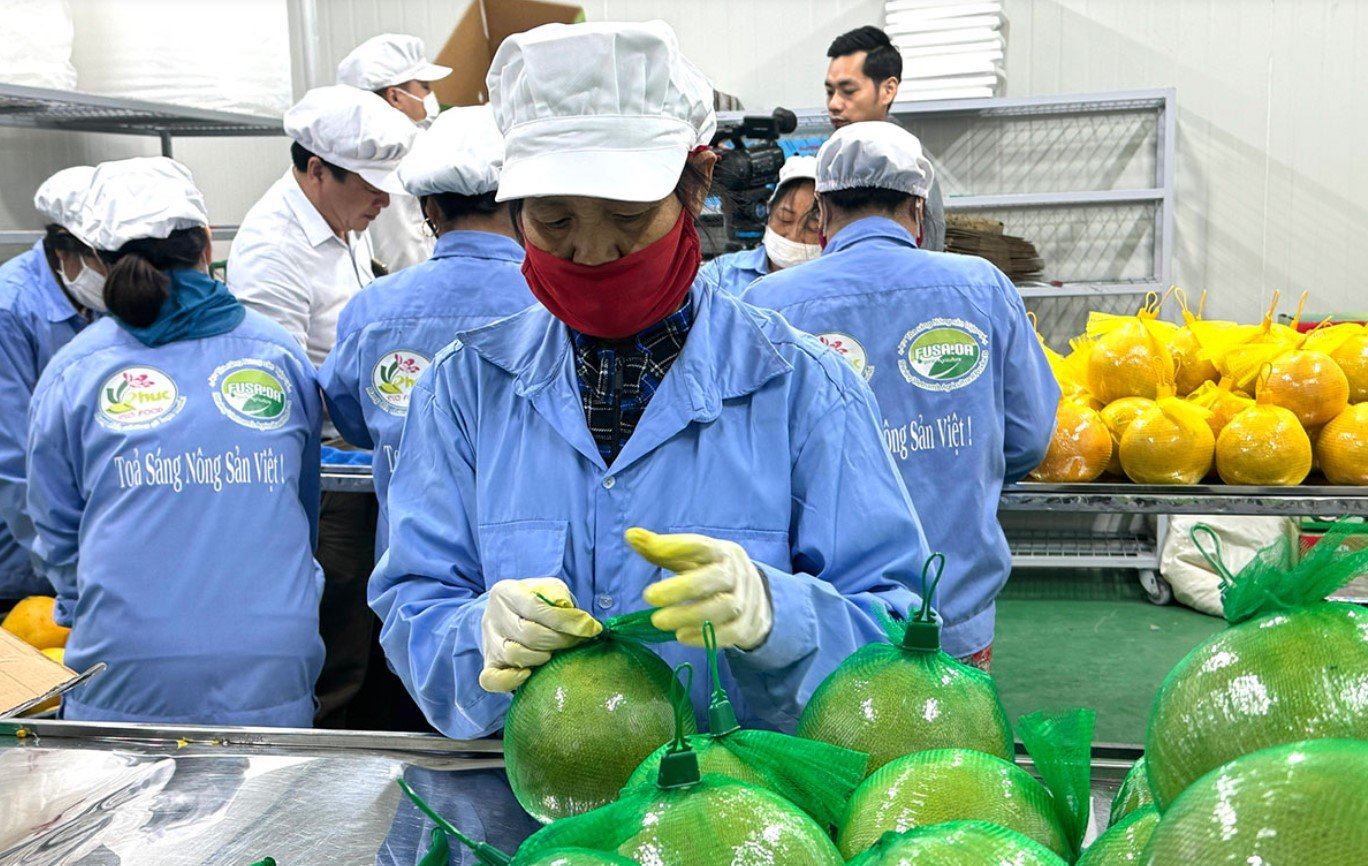





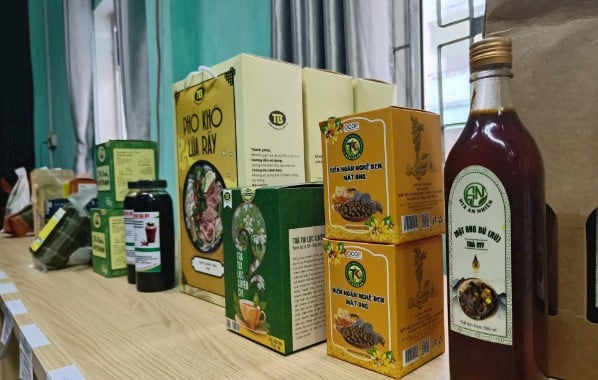
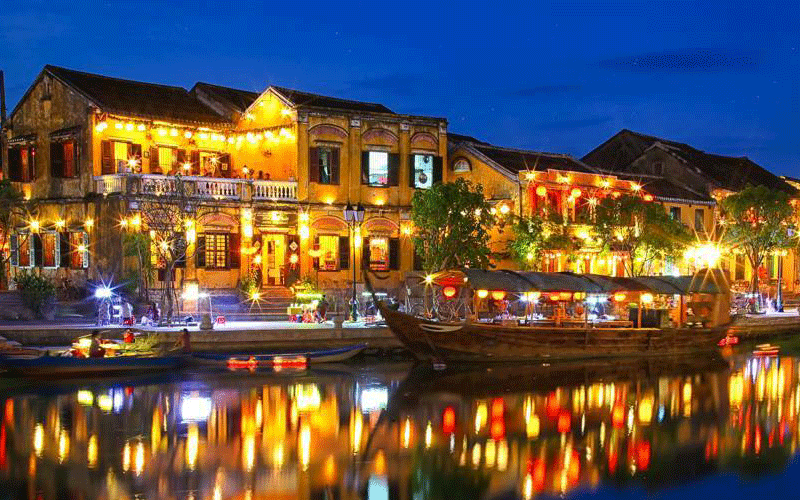

Comment (0)